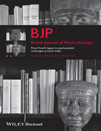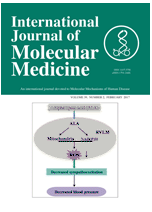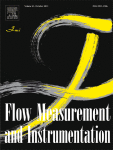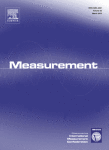 The notices keep coming for diabetes researcher Mario Saad.
The notices keep coming for diabetes researcher Mario Saad.
Diabetes has just retracted two more of his papers, both of which had been flagged by expressions of concern, citing problems with duplications. What’s more, the journal added another expression of concern to a 2009 paper on which Saad — based at the University of Campinas in São Paulo, Brazil — is listed as last author, again over concerns of duplication.
This isn’t Saad’s first run-in with the journal: In 2015, the researcher sued the publisher, the American Diabetes Association, after it issued expressions of concern for four of his papers. Later that year, a judge dismissed Saad’s defamation suit. The journal eventually retracted the papers.
The latest articles flagged by Diabetes appear to be part of an intricate publishing web, as the journal suggests all papers have used features of previous papers, and also include elements that have been republished by subsequent articles.
Here’s the first retraction notice, for “A Central Role for Neuronal AMP-Activated Protein Kinase (AMPK) and Mammalian Target of Rapamycin (mTOR) in High-Protein Diet–Induced Weight Loss:”
Continue reading Researcher sued to stop retractions; he just earned two more and is now up to 11
 A psychoanalyst has retracted an award-winning 2016 paper over concerns that it contained “sensitive” patient information.
A psychoanalyst has retracted an award-winning 2016 paper over concerns that it contained “sensitive” patient information.

 A journal has retracted a 2012 paper after the last author was unable to provide material to support the results presented in multiple figures.
A journal has retracted a 2012 paper after the last author was unable to provide material to support the results presented in multiple figures.
 Yesterday we reported that
Yesterday we reported that 
 A computer scientist in Malaysia has lost two papers for faked peer reviews, and another for duplication. A fourth paper on which he is a co-author appears to have simply disappeared.
A computer scientist in Malaysia has lost two papers for faked peer reviews, and another for duplication. A fourth paper on which he is a co-author appears to have simply disappeared.